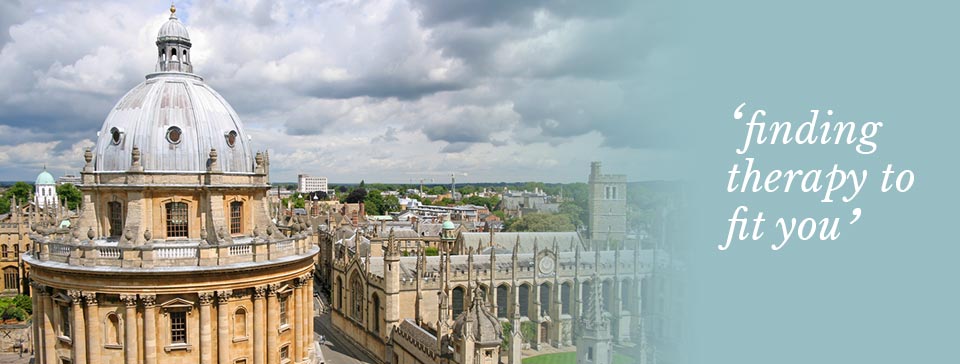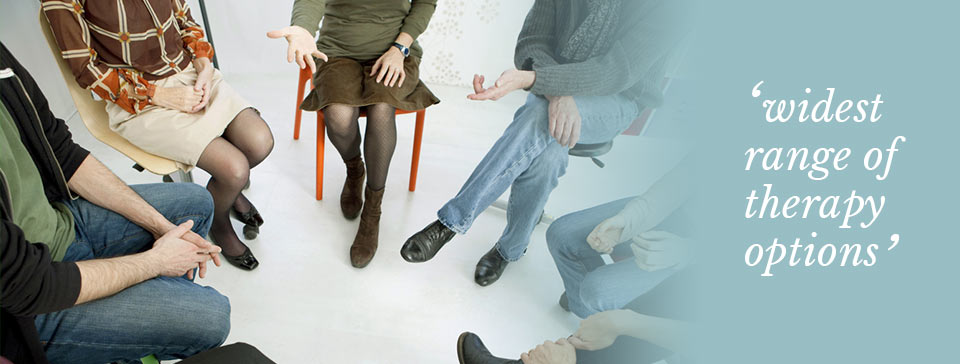What kind of problems can you help me with?
Whilst we often don't talk about our problems, it is becoming more normal for us to recognise the difficulties we have as human beings, and that these difficulties are 'normal'. Anxiety, depression, relationship difficulties, stress, and many other areas of mental and emotional difficulty are why people seek the help of psychotherapists and counsellors, as being very different to talking to friends or family!
We recognise that life can be difficult for all of us from time to time. We can help with these difficulties whether it is a temporary crisis or life transition, ongoing emotional distress, the aftermath of trauma, the stresses and growing pains of life or the wish for a more fulfilling everyday experience; OTS can help find an appropriate, effective and affordable therapeutic solution for you.
Whether you have a clear diagnosis (like stress, depression, anxiety, etc) or an 'unlabelled' experience of mental or emotional pain, or just a ‘felt sense’ that 'life could or should be better'; whether it is an outer problem like a relationship difficulty or an inner experience of turmoil, emptiness or confusion, there are more ways of responding to the psychological challenges of life than most people appreciate – OTS aims to make this accumulated richness of human understanding and wisdom available to everybody seeking help.
OTS have a wide range of counsellors and psychotherapists including those offering low cost counselling across the Oxford & Witney regions.
Information for Referring & Practicing Professionals
At OTS, we believe in maximum diversity and choice for clients and patients, and helping them make informed choices, with as little professional and self-serving bias as possible. In order to achieve this, we advocate transparent communication and co-operation between different services, agencies and disciplines. We support the increasing integration, cross-fertilisation and mutual understanding between different helping professions, and to this end offer specific resources and information about the different types and formats of counselling and psychotherapy to our colleagues across the various disciplines. (Further Information)
The PsychoEducational Blog
In January 2025 we started a blog - the aim of which is to help develop appreciation of the complexity of the human condition and the challenge of change. New posts will be added to this blog at the start of the month so please re-visit for the next instalment!
There is an educational journey unfolding with our blog posts, so, you may wish to start from the top here.
August continues with Part 2 of ‘The Law Of Unconscious Attraction’



